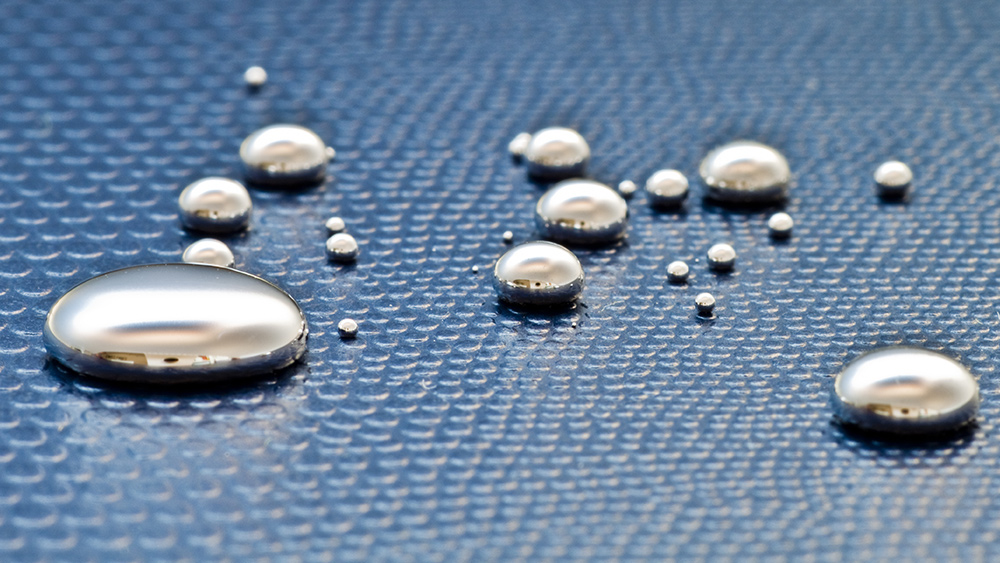DON’T keep the receipt: It contains BPA, a well-known endocrine disruptor
04/03/2019 / By Edsel Cook

You might want to rethink your habit or policy of keeping receipts for future needs. An international group of researchers warned that the ink of thermal paper contained bisphenol A (BPA). This toxic chemical throws the endocrine system into disarray, thereby causing an unhealthy imbalance of hormones in the body.
Endocrine disruptors like BPA have been linked to cancer, infertility, genitourinary deformities, obesity, and other diseases that affect hormone-reliant organs. They entered the bloodstream through contamination of the food or skin of a person.
In their recently published study, researchers from the University of Granada (UGR) and their counterparts in Brazil and France found that most of the purchase tickets and receipts in their countries contained BPA. The chemical is found in the special ink used for printing text on thermal paper.
Experts have been worrying about the prevalence of this endocrine disruptor and its effects on the health of the general populace. The chemical industry developed bisphenol S (BPS) and other alternatives to BPA in the thermal paper printing process, but these new chemicals proved to be just as worrisome as the toxic chemical they were replacing. (Related: BPA-free alternatives are not as safe as we thought, stunning new research shows.)
Bisphenol A is everywhere – and its replacement bisphenol S is even worse
The UGR-led researchers investigated the amount of BPA and BPS in 122 different thermal paper receipts from Brazil, France, and Spain. These receipts could be identified by the way their ink faded over time.
“Very often, the only thing you find is a fine white powder that comes off when taking them out of the handbag or purse,” warned UGR researcher Nicolas Olea. “BPA is, precisely, that white powder that sticks to your fingers.”
Olea and his colleagues found that more than 90 percent of the Brazilian and Spanish receipts tested positive for BPA. At the same time, the toxic chemical is only found in half of the French receipts. The other half contained its intended alternative, BPS.
The different finding for the French receipts is considered to be a good and bad thing. On one hand, the French government had been delivering on its 2014 promise of reducing the use of BPA in thermal paper.
On the other hand, BPS also happened to be an endocrine disruptor. The only difference between its molecular structure and that of BPA is the presence of a sulfur atom instead of a carbon atom. That sulfur atom allowed BPS to last longer than BPA.
Furthermore, the UGR study also evaluated the effects of these two chemicals on the hormonal balance of people. They reported that both BPA and BPS affected the endocrine system.
Get rid of those toxic receipts as soon as possible
The regulations on BPS were less strict than those on BPA. The researchers worried that this endocrine disruptor will become more common as industries switch from BPA to a supposedly better chemical compound.
“It’s another evidence that something is failing in toxicity controls for chemical compounds in our environment,” Olea warned. “It seems like regulatory policies are established a posteriori, when human exposure is evident.”
Concerned for the health of the numerous cashiers who are exposed to BPA and BPS on an everyday basis, Olea and his teammates urged people to be more careful when it comes to handling thermal paper receipts and tickets. These items can be identified by the way their paper immediately turn black if exposed to heat.
The receipts must be touched as little as possible. The paper must also be prevented from coming into contact with food.
Sources include:
Tagged Under: bisphenol A, bisphenol S, BPA, BPS, chemicals, Endocrine disruptors, hormones, poison, receipts, toxic chemicals, toxins


















